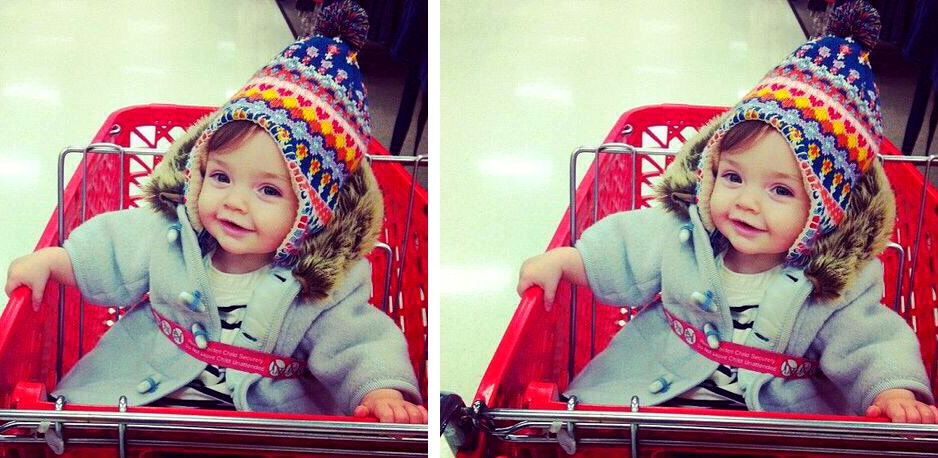Why Good Parents Realize Their Kids Are The Best Parenting Experts
There is a reason for those behaviors, you know. (And "defying" you isn't it.)
 weheartit
weheartit Most parents want to do the 'right' thing for their child and raise him (or her) 'the right way.'
You've probably read parenting books, consulted experts and already formed strong opinions about what's best for your kid. But have you ever stopped and consulted your child about her own upbringing?
I have news for you: Your child is more of an expert than you realize when it comes to knowing her own challenges.
If you want to raise a strong, powerful, well-adjusted kid, you must parent with an open mind!
Every stage your child goes through is unique and constantly changing and it's important to stay sensitive to her needs as they evolve.
No, this doesn't mean she'll run your life — or the whole household for that matter. But she surely will, if you're not clear, firm, and kind with your parental authority.
Your child does, however, need to know she leads the charge when it comes to her own personal preferences.
She is learning to balance the interplay between her inner-self and how good it feels to run the whole world. In other words, she's experiencing a struggle between the wish for power and the need for limits.
Here's a frustrating example perhaps you can relate to:
In their earliest years, children tend to share their love equally with many people they feel close to. But once children mature past the age of four, the differing roles of their parents (and other adults) take on more importance to them. At this time, kids often pick a "favorite" parent. She might suddenly become 'all about mommy,' or 'all about daddy,' leaving the other parent out noticeably.
If you're the left-out parent, you might feel hurt and want to do all you can to almost force your child to bond with you.
But if you remain open-minded, you might realize that your child wants to feel connected to everyone she is close to. However, she also has a need to identify with the differing roles of each parent.
A strong identification with her father for a period of time allows your child to maximize traits her father possesses. A strong identification with mom helps her develop more of mother’s traits. She needs time to focus on each unique set of behaviors and traits in order to learn them and incorporate them.
Another time parents and children often clash is when your child’s fantasy world conflicts with your need for control.
Healthy 2-year-olds, 5-year-olds and 14-year-olds have a strong need to control their world ... it helps them feel safe and develop a sense of their own power and influence.
When your head-strong child gives you her disapproving look, she's thinking: Mom, this act I am doing has significant meaning which you completely fail to understand. Or, If I stubbornly maintain my fantasy I will overpower your weird fantasy.
She's learning to become more flexible in her inner strength and core identity. Give her a break in these power struggles!
Your child has a strong inner pull toward "belonging" with the family. At the same time, there is an equally strong push to use her core identity to control her world.
Great parents do not squelch their child’s need to develop her own separate sense of self.
If you're close-minded to your child’s struggles, she might comply with your will, but a far less-formed version of her identity will also sadly result.
If maintaining her tie to you comes at a cost to her authentic self-experience, your child may develop a "false self-identity" to appease you. Or your child may use withdrawal as a permanent protective shield and become isolated and unresponsive to you.
What lesson can you take home from all of this?
Any talk of relationships, including parent/child relationships, must include awareness of the the wish for power and the need for being held within limits. Your child develops her sense of identity by testing her limits.
A healthy 4-year-old (or 14-year-old) may appear mean-spirited because she needs to push against boundaries, however she has to assert herself to fully become herself.
You must keep her safe while also honoring her unique abilities to face her world.
Bill Maier is a psychotherapist in private practice in Portland, OR. Chapters of his forthcoming book on therapy for illuminating your shame and utilizing your Shadow are currently appearing on his website.

